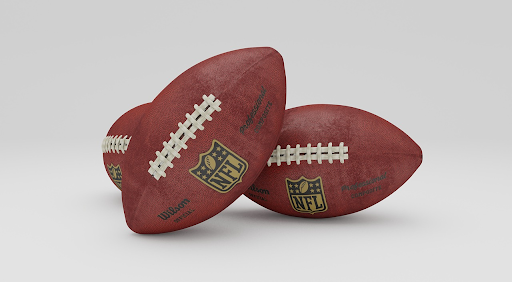
|
Sponsorships play a pivotal role in the success and financial stability of NFL teams. In an industry where expenses are high and competition is fierce, sponsorship deals provide essential revenue streams and foster long-term partnerships that benefit both the teams and the sponsors.
This article delves into the multifaceted importance of sponsorships in the NFL, highlighting how they contribute to the growth and sustainability of the league.
Financial Backbone of NFL Teams
Sponsorships form a significant portion of the financial backbone for NFL teams. The costs associated with running a professional football team are immense, including player salaries, coaching staff, stadium maintenance, and marketing efforts.
Sponsorship deals provide a substantial portion of the revenue required to cover these expenses. For instance, the naming rights of stadiums alone can bring in millions of dollars annually, contributing directly to the team’s operational budget.
These sponsorships aren’t just about the money—they are about strategic partnerships that align brands with the powerful reach of the NFL. By associating with an NFL team, sponsors gain visibility in front of millions of dedicated fans, both in-stadium and through extensive media coverage. This symbiotic relationship benefits sponsors by boosting brand recognition and teams by securing the financial resources needed to stay competitive.
Enhancing Fan Experience and Engagement
Beyond finances, sponsorships significantly enhance the fan experience and engagement. Sponsors often provide additional services, products, or experiences that enrich a fan’s interaction with the team.
For example, sponsors might offer exclusive promotions, contests, or events that allow fans to connect more deeply with their favorite teams. Some sponsors even collaborate on creating specialized content, like pre-game analysis or detailed insights into football spreads, giving fans an inside look at game predictions and team performance.
Moreover, sponsorships help improve the game day experience. From high-tech stadium facilities to innovative fan engagement strategies like mobile apps and social media interactions, these enhancements are often made possible through sponsorship deals. By funding these advancements, sponsors enable teams to offer a more immersive and enjoyable experience for their fans, fostering greater loyalty and support.
Supporting Community Initiatives
Sponsorships also play a crucial role in supporting community initiatives driven by NFL teams. Many teams are involved in charitable activities and outreach programs that benefit local communities. Sponsorship funds often directly support these initiatives, allowing teams to give back to the communities that support them.
Sponsors frequently collaborate with teams on community projects, further amplifying their positive impact. Whether it’s through youth programs, health and wellness campaigns, or environmental initiatives, these efforts help NFL teams maintain strong ties with their local communities. This, in turn, strengthens the team's brand and fosters goodwill, both of which are invaluable in the highly competitive world of professional sports.
Driving Innovation and Growth
Innovation is another area where sponsorships are vital. The NFL is constantly evolving, with teams seeking new ways to improve performance, enhance fan engagement, and stay ahead in a competitive market. Sponsorship deals often provide the necessary capital to invest in cutting-edge technology, advanced analytics, and state-of-the-art facilities.
For example, some sponsorship agreements include investments in player performance technology, such as wearable devices that track player health and fitness. Others might involve funding for research into new training methods or strategies. These innovations not only improve team performance but also push the entire league forward, maintaining the NFL’s position as the premier professional football league globally.
Conclusion
Sponsorships are far more than just financial agreements in the NFL—they are strategic partnerships that fuel the league’s growth, enhance the fan experience, support community engagement, and drive innovation. For NFL teams, these relationships are crucial in maintaining their competitiveness, both on and off the field. As the league continues to evolve, the role of sponsorships will undoubtedly remain a cornerstone of success, ensuring that NFL teams can thrive in an increasingly challenging sports landscape.







